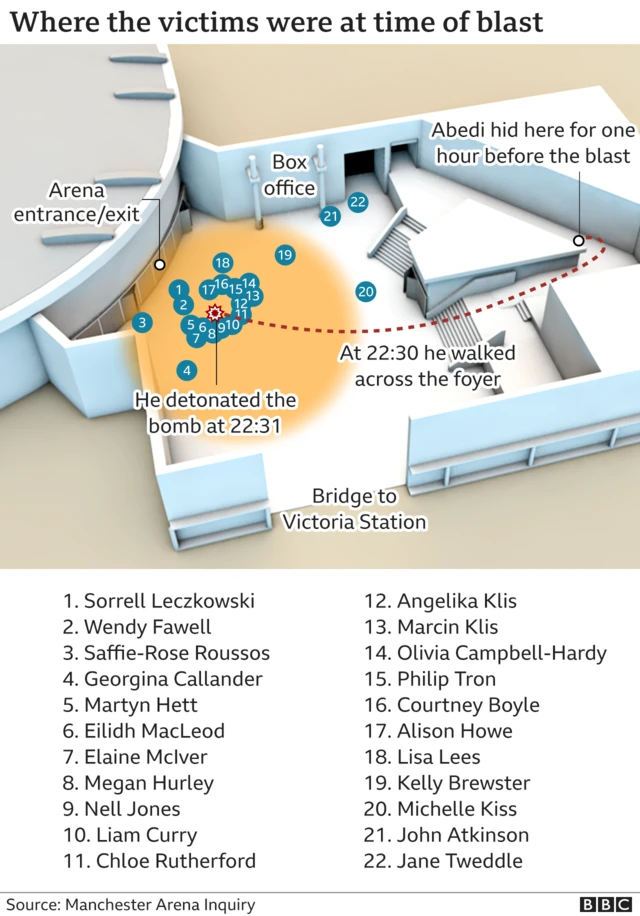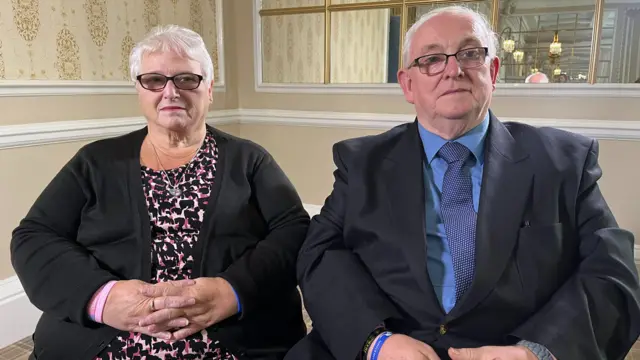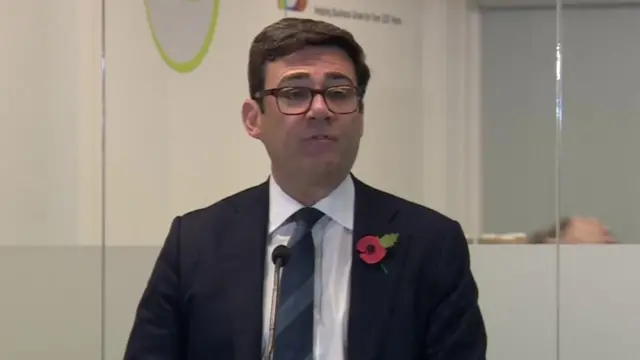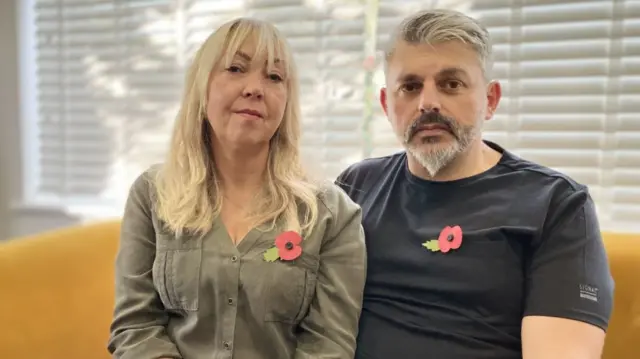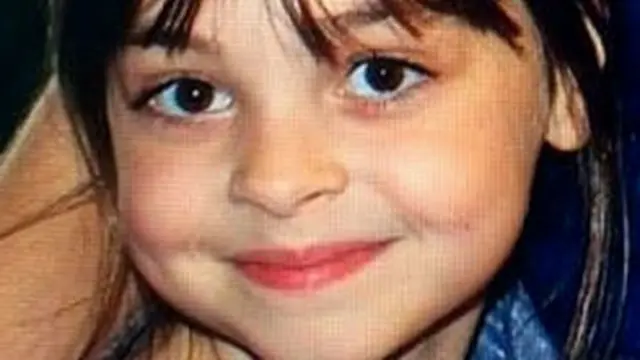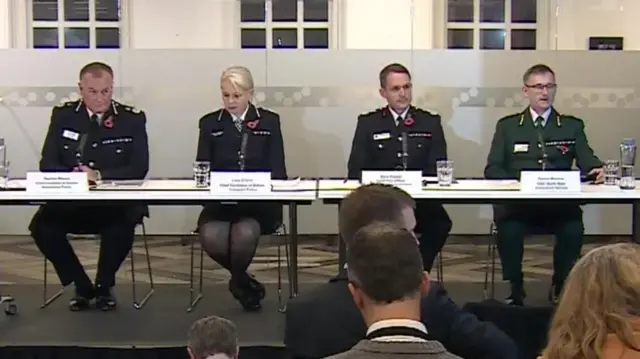We're closing our coverage soonpublished at 18:34 GMT 3 November 2022
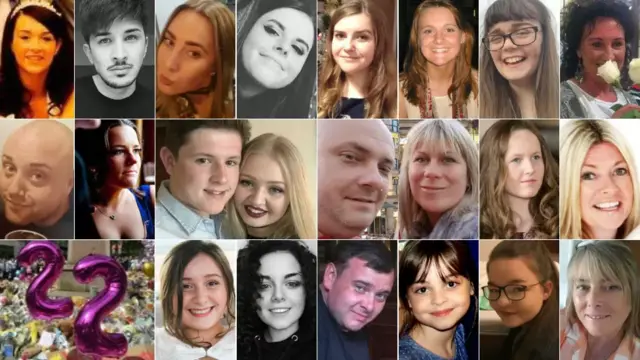
The victims of the 2017 Manchester Arena attack
We'll soon be closing our coverage on the Manchester Arena Inquiry's second report into the 2017 attack. If you're just catching up now, here's a recap of what we learned:
- At least 20 of the 22 victims suffered unsurvivable injuries, the report found
- One of the victims - John Atkinson - sustained injuries that were survivable, had the response been better
- And the report said eight-year-old Saffie-Rose Roussos could also have lived, although it was "highy unlikely"
- The emergency services' response fell "far below the standard it should have been"
- The two most senior Greater Manchester Police commanders on the night “made no effective contribution to the emergency response”
- Fire engines from Manchester Central Fire Station drove away from, not towards, the incident. They drove past ambulances travelling in the opposite direction
- Too few paramedics were sent into the room where the bomb exploded, and the approach to risk in that area was "unduly cautious"
- Some 149 recommendations were made in the report, including better first aid training for the emergency services
- Prime Minister Rishi Sunak made a "solemn commitment" that lessons will be learned
- The spokespeople for the emergency services each offered an apology for their failures
- The head of the fire service said their reponse was "wholly inadequate and totally ineffective"
Thank you for joining us. Today's coverage was brought to you by Owen Amos, Aoife Walsh, James Harness, Imogen James and Sam Hancock.
